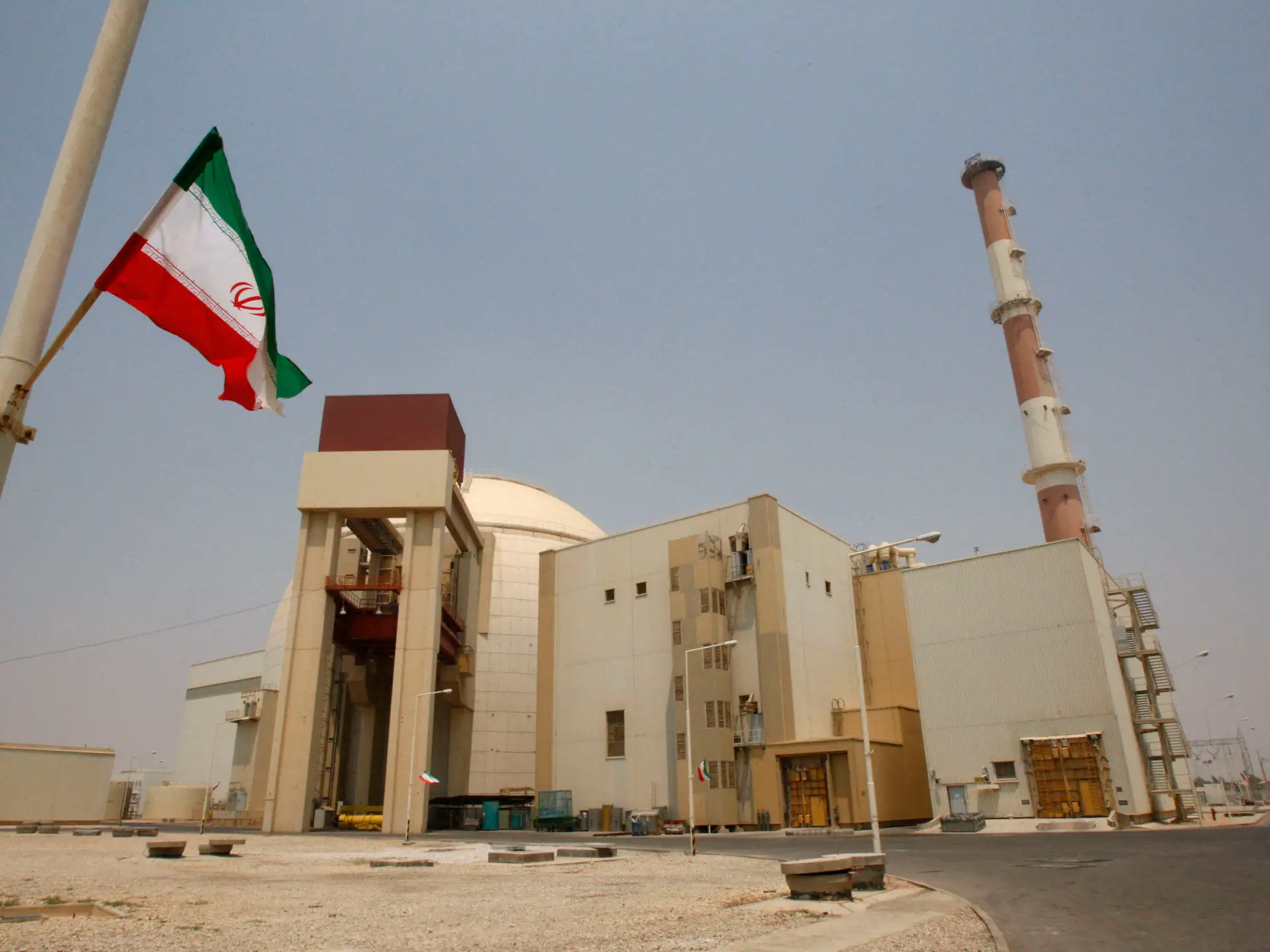Overview of the Draft Resolution and Voting Outcome
On the 14th of July, the United Nations Security Council convened to deliberate on a draft resolution put forth by China and Russia, aimed at providing sanctions relief to Iran in line with the 2015 nuclear agreement, formally known as the Joint Comprehensive Plan of Action (JCPOA). This proposal sought to ease certain diplomatic and economic restrictions that have been a source of contention since the United States’ unilateral withdrawal from the agreement in 2018. The resolution specifically targeted provisions that would limit Iran’s access to international markets and its ability to engage freely in trade, particularly in the oil sector, which has been severely impacted by the existing sanctions.
The proposed draft highlighted Iran’s compliance with the nuclear-related commitments outlined in the JCPOA, suggesting that moving towards sanctions relief would enhance diplomatic efforts in ensuring regional stability and fostering cooperation on non-proliferation. The resolution, however, faced significant opposition within the Council, particularly from Western nations asserting that Iran had not fully adhered to its commitments and that it continued to act in ways detrimental to regional security.
The outcome of the voting was telling; the Security Council voted against the draft resolution, with only China and Russia supporting it. Eleven members, including the United States, the United Kingdom, and France, either voted against or abstained from supporting the resolution. This voting pattern reflects the ongoing divisions within the Security Council regarding Iran’s nuclear ambitions and the broader strategic nuances that shape international relations surrounding this issue. The rejection of the draft resolution represents a significant setback for those advocating for a return to diplomatic engagements with Iran and reinforces the existing framework established under Resolution 2231, which aimed to monitor and facilitate Iran’s adherence to its nuclear obligations while balancing international security concerns.
Arguments in Favor of the Resolution
The recent resolution opposing the re-imposition of sanctions on Iran has garnered substantial support from key global players including China, Russia, Algeria, and Pakistan. Proponents argue that a diplomatic pause is essential to prevent heightened tensions in the Middle East, which could have far-reaching implications for regional stability and international security. Central to their argument is the belief that further sanctions would only serve to escalate an already volatile situation.
One of the foremost justifications for extending sanctions relief is the recognition of Iran’s recent willingness to engage constructively with international authorities. Proponents highlight that during the past few months, Iran has demonstrated a commitment to upholding its obligations under various international agreements. This cooperation signals a potential pivot towards constructive dialogue, which advocates argue should be encouraged rather than jeopardized by punitive measures.
Additionally, the proponents of the resolution raise concerns regarding the dangers inherent in re-imposing sanctions. The economic consequences could exacerbate humanitarian issues within Iran, impacting ordinary citizens rather than government entities. Heightened sanctions also risk provoking retaliatory actions from Iran, which could spiral into a broader conflict, undermining the efforts of the international community to foster peace.
Finally, voices in favor of the resolution stress that dialogue and negotiation are far superior to coercive measures. They assert that diplomacy offers a viable pathway toward resolving longstanding issues, fostering an environment conducive to mutual understanding. The arguments presented by these nations highlight a clear preference for engagement over isolation, positioning them as advocates for a more balanced and constructive approach to diplomatic relations with Iran.
Opposition to the Resolution: Key Concerns
The opposition to the recent resolution concerning sanctions relief for Iran has been prominently articulated by a coalition of nations, including the United States, the United Kingdom, and France. These countries express significant concerns regarding Iran’s adherence to the Joint Comprehensive Plan of Action (JCPOA), particularly noting Iran’s history of non-compliance and the absence of sufficient accountability measures. They argue that Iran’s commitments have not been met consistently, thereby undermining the credibility of the accords and posing continued risks to regional and global security.
From the perspective of these opponents, the lack of transparency surrounding Iran’s nuclear activities is alarming. They cite numerous reports highlighting Iran’s failure to provide required access to facilities and to fully disclose its nuclear advancements. This breach of trust raises critical questions about Iran’s intentions and the potential for its nuclear program to contribute to weapons proliferation. As such, the reimposition of sanctions is viewed not only as a legal imperative but a necessary action to deter further violations and encourage compliance.
The opposing nations assert that by maintaining sanctions, they can create pressure that encourages Iran to engage more constructively in diplomatic discussions. They emphasize that diplomacy should not be equated with the abandonment of accountability. Essential to their stance is the belief that tangible and evidence-based engagement from Iran is crucial before any relaxation of sanctions can be considered. Through this approach, they hope to foster a more secure and stable environment in the region, thereby aligning with their overarching goal of a peaceful resolution through sustained diplomatic efforts.
Iran’s Response and the Path Forward
Following the failure of the resolution for sanctions relief, Iran’s representatives expressed profound disappointment and an acknowledgment of the challenges imposed by the geopolitical landscape. In the wake of the United States’ withdrawal from the Joint Comprehensive Plan of Action (JCPOA) in 2018, Iran has maintained that the mix of sanctions and diplomatic isolation undermines stability in the region. Iranian officials have characterized the European powers’ inability to circumvent U.S. sanctions as a significant failure, questioning their commitment to uphold international agreements.
Iran’s stance on the snapback mechanism featured prominently in their arguments. The Iranian government has declared this mechanism legally void, asserting that it contradicts the principles enshrined in the JCPOA, an accord they believe should be respected by all signatories. Despite these assertions, Tehran has also signaled its readiness for dialogue and diplomacy, recognizing that constructive engagement may provide a pathway forward, albeit acknowledging the complexities and external pressures that persist.
The implications of the recent stalemate within the UN Security Council are far-reaching. The rejection of sanctions relief not only heightens tensions between Iran and Western powers but also casts a shadow over future discussions pertaining to Iran’s nuclear program. With growing divisions among Security Council members, there is an evident challenge in achieving a unified approach. The stalemate could lead to further isolation for Iran, complicating the negotiation landscape.
Irrespective of this, Tehran’s willingness to continue discussions reflects a nuanced understanding of the geopolitical stakes involved. As both parties navigate these troubled waters, the prospect of meaningful diplomacy will hinge on international cooperation and the collective political will to address the lingering issues surrounding Iran’s nuclear ambitions.




